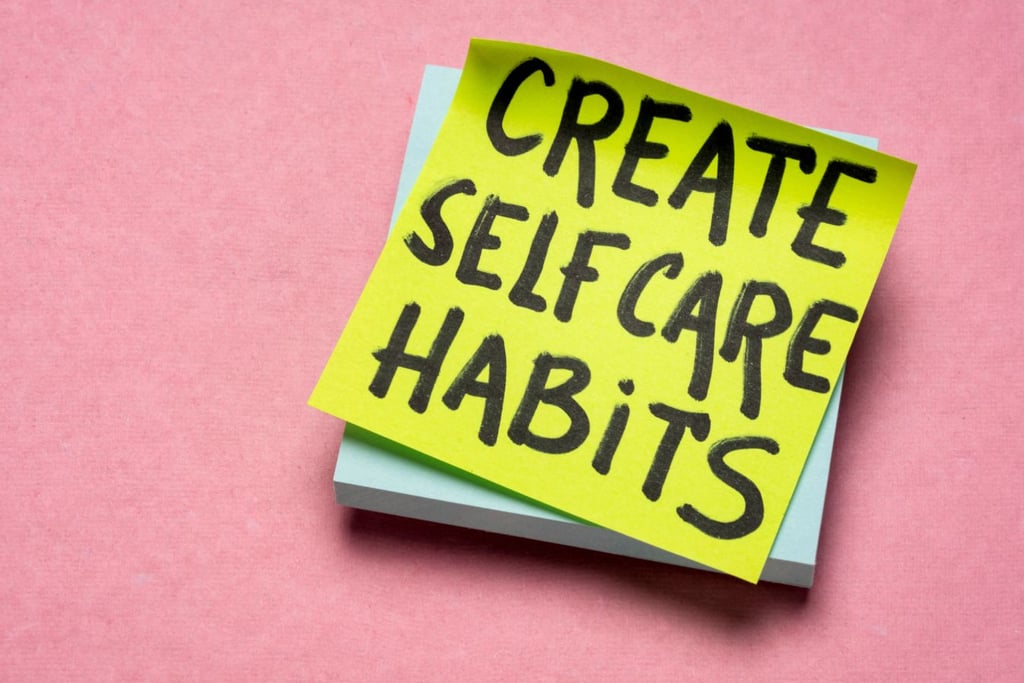Click here visit our Research-supported educational program for children
Behind the Curtain: Identifying Red Flags Before You Say Yes
PODCAST BLOG
Cindy Le
1/16/20254 min read
Picture this: You’re sitting at the front desk, nerves and excitement swirling as you wait for your first job interview after graduation. Minutes turn into an hour. Finally, the manager shows up, unapologetic and dressed like they just rolled out of bed. They glance at their phone, barely making eye contact, and mutter something vague about a mix-up in the schedule while leading you into an office full of scattered papers. When the interview finally begins, it feels rushed and painfully obvious that they haven’t even glanced at your resume—like you’re just a box to check off rather than a candidate to meet. Still, you brush it off. People have their off days, right?
By the time you’re hired, though, those “off days” turn into your everyday reality. There is no onboarding process—no structure, no training, not even a clear expectation of your role. You’re left stumbling around, trying to figure things out for yourself. The manager shows up late, disappears when you need help, and reappears only to nitpick your mistakes in front of the whole team. To make matters worse, the same disorganized manager turns out to be a gossiper! They pull you aside during your first week—not to mentor you, but to gossip about your coworkers, criticizing their work and warning you about who to avoid.
“The hiring process is often a sneak peek into what working at the company will be like. If interviews are disorganized, onboarding nonexistent, and leadership unprepared, it’s a reflection of the company’s overall culture. DO NOT ignore these red flags.” —Cindy
Job interviews can be intense. You’re focused on presenting your best self, nailing every question, and making a great impression. But while you’re busy proving you’re the best candidate, don’t forget that the interview is a two-way street. It’s also your chance to evaluate the company and see if it’s the right fit for you.


The Most Common Red Flags
In Episode 2 of Venom in the Office, Grace, an HR Talent Acquisition professional, joined us to share key tips on spotting red flags during interviews. Here are some of the most common ones:
Poor Time Management: Did the interviewer show up late? Were you left waiting with little communication? If the hiring process feels disorganized, it might signal deeper issues with how the company values people’s time.
Lack of Transparency: A trustworthy employer should always be transparent about what they offer. When companies avoid questions about pay, benefits, or growth opportunities, it’s often a sign they’re hiding something—or that they lack an established organizational structure.
Disorganization: Does the interview panel seem unprepared? Are job descriptions vague? If the company can’t articulate its expectations during the hiring process, you’re likely to face similar chaos once you’re hired.
Gossip Culture: Pay attention to how interviewers talk about former employees, other departments, or even current employees. If the conversation leans toward negativity or gossip, it could indicate a toxic, blame-heavy environment.


Already in a Toxic Workplace?
Sometimes, no matter how carefully you evaluate a job during the interview process, the full reality of a workplace doesn’t reveal itself until you’re already there. If you find yourself in a toxic environment, it’s important to remember that you’re not alone—and there are steps you can take to protect your well-being and regain control.
1. Let Go of the Owner Mindset”
One of the biggest challenges in a toxic workplace is the tendency to overthink, as if you’re personally responsible for fixing everything. Grace highlighted how employees—and even herself—sometimes take on an “owner mindset,” overanalyzing problems to the point of exhaustion. Overthinking can weigh heavily on your mental health, so try to focus on actionable steps rather than dwelling on what you can’t change.
2. Speak Up
If certain issues are making it difficult to thrive, consider addressing them with HR or management. Grace suggested that sometimes the first step is simply acknowledging that you’re struggling. Speak to your manager or senior team members and let them know you need support. For example, you might say, “I’m finding it challenging to manage this problem, and I’d appreciate your guidance to handle it better.”
3. Set Boundaries
In toxic environments, it’s easy to let work consume your personal life. However, safeguarding your mental and physical health is crucial. Set clear boundaries to avoid burnout, such as limiting work-related communication after hours and saying “no” to unreasonable demands when appropriate.
4. Take care of yourself outside of work
When your job feels overwhelming, it’s easy to let it take over your entire life. Build time into your schedule for yourself and the things you care about most outside of work. For example, pursue a hobby or spend time with friends, family, or a therapist who can help you navigate the emotional toll of your job. The ultimate goal is to remind yourself that your worth isn’t defined by your job.







